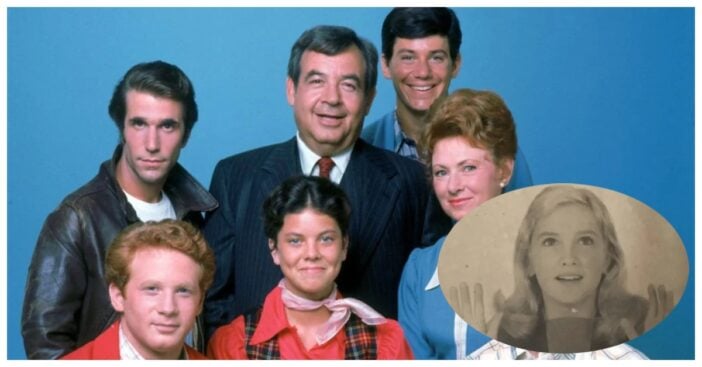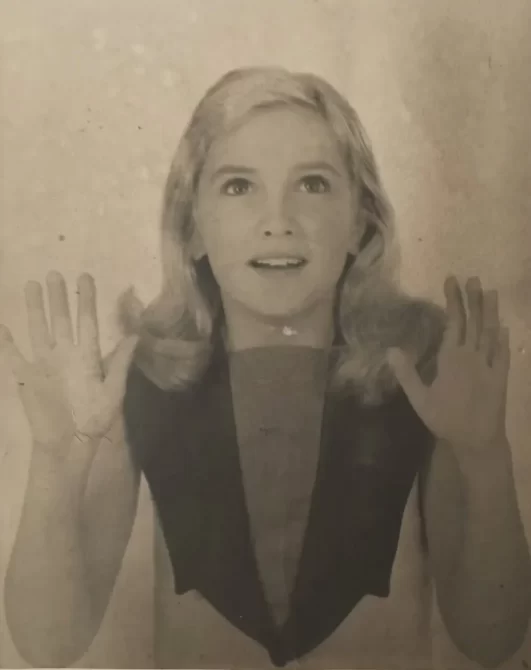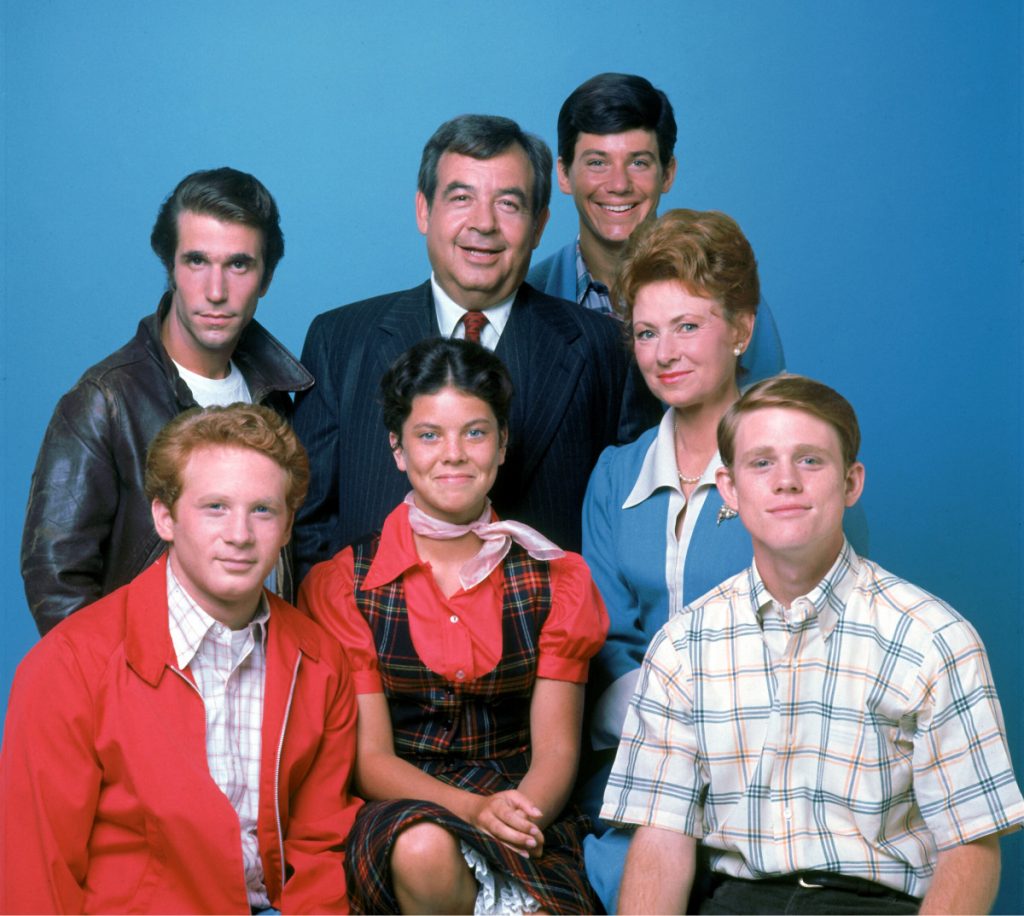
Happy Days was one of the most beloved sitcoms of the 1970s with its portrayal of life in the ’50s and early ’60s America. The show quickly emerged as the launchpad for the careers of many superstars, including Ron Howard, Henry Winkler, and Erin Moran.
However, among the several stars who made appearances on the ABC series, the story of Kathy O’Dare, the young actress who portrayed the character of Mary Lou in only two episodes, “Richie and Potsie’s Double Date” and “Richie Goes All The Way” remains a very tragic one as both her career and life were cut short at a very early age.
Kathy O’Dare had a short-lived acting career

After her short-lived time on Happy Days, O’Dare appeared in a couple of projects, including the 1976 comedy Eat My Dust, where she reunited with her former castmate, Ron Howard. She continued to build her acting resume with a role in the 1977 TV movie The Greatest Thing That Almost Happened. The following year, the actress portrayed the character of Karen in the feature film Texas Detour, sharing the screen with Mitch Vogel, Lindsay Bloom, and Patrick Wayne, the son of the legendary actor John Wayne.

Sadly, her career gradually faded from the public eye, leaving behind a small body of work before passing away in 2010.
Kathy O’Dare’s brother gives the reason behind her career failure
In the book Everybody Happy? The Untold Story of Kathy O’Dare: A Hollywood Starlet and Her Struggles with Mental Illness, written by O’Dare’s brother, David F. D’Orazi, in 2023, shares insights into the private struggles of the actress, who played a significant role in the trajectory of her career later. He revealed that the actress who got her role in Happy Days was a 16-year-old who lived a very challenging life due to her struggles with mental illness, particularly schizophrenia.
View this post on Instagram
This condition may have been genetic because her father, Tony, a former cartoonist at Walt Disney Studios who later gained fame as “Uncle Tony” on television in the ’50s, also battled severe mental health issues throughout his life. Speaking about the reason behind the book, D’Orazi stated that he hopes to beam the light on his sister’s struggles while offering valuable lessons that could help others recognize and address mental health challenges in their own lives or among their loved ones.
